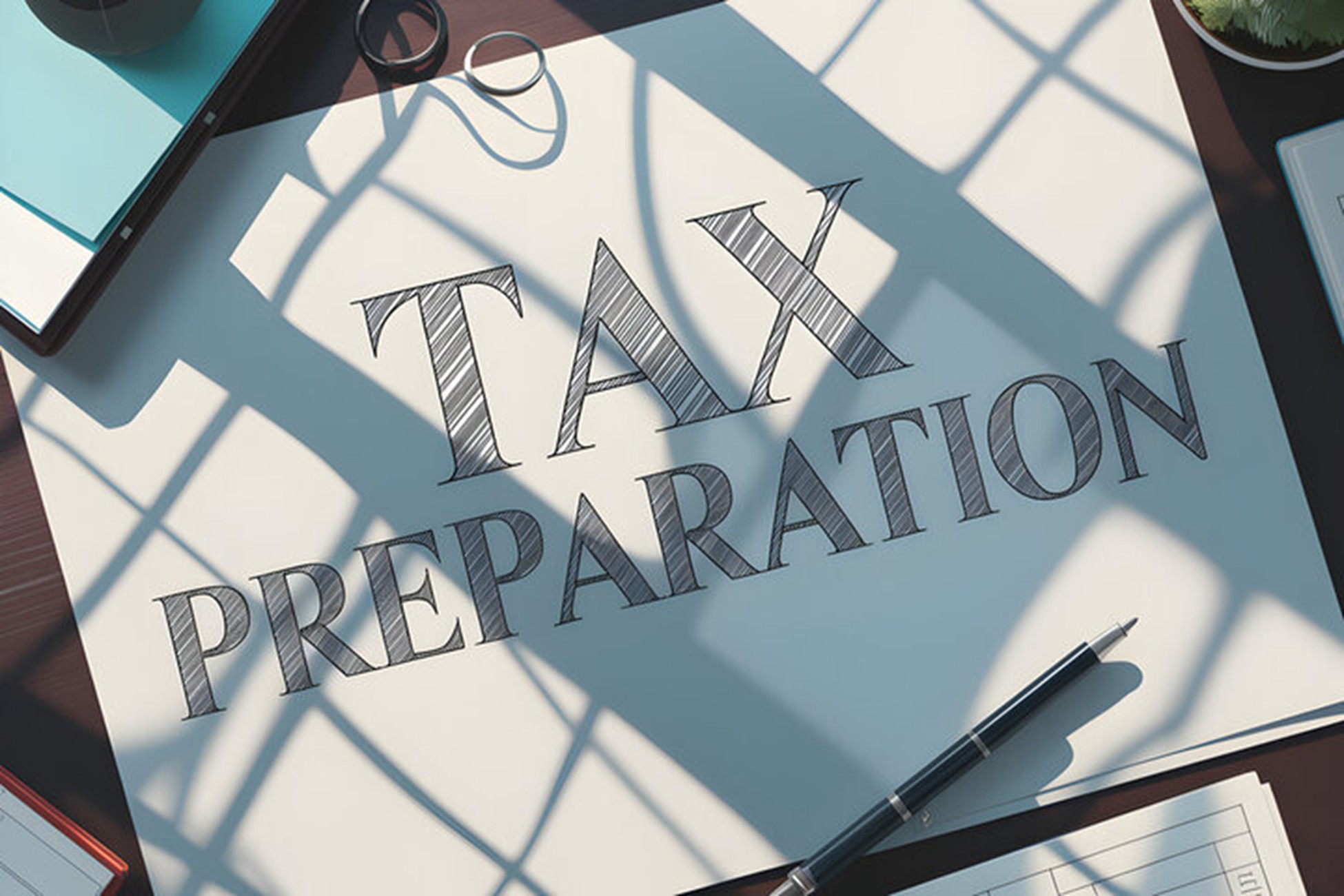
As more professionals look for recession-resistant careers with flexibility and long-term growth, many are exploring how to become a tax preparer as a practical path toward financial independence. The tax industry continues to expand with each new filing season, driven by complex regulations, digital transformation, and a growing demand for personalized financial services.
But beyond the stability it offers, becoming a tax preparer opens the door to entrepreneurship, allowing individuals to serve their communities while building their own business in a high-demand sector.
The U.S. tax code changes frequently, and for most individuals and small businesses, navigating compliance on their own has become increasingly challenging. That’s where trained professionals come in.
Understanding how to become a tax preparer means recognizing the opportunity within this complexity. Every new regulation or filing update creates a greater need for experts who can interpret, file, and strategize accurately.
Several trends are shaping the growing demand:
This consistent demand ensures that tax preparers enjoy both financial stability and career longevity, qualities that few industries can promise today.
For those ready to enter the field, learning how to become a tax preparer starts with meeting a few essential requirements and certifications. These are designed to ensure accuracy, ethics, and data security, cornerstones of professional tax practice.
Here’s what the process typically involves:
Each step enhances trust and establishes a professional standard that clients value when choosing a preparer.
Understanding how to become a tax preparer goes beyond certification; it’s also about building credibility. Clients trust professionals who combine technical knowledge with strong communication and ethical integrity.
New preparers should focus on:
By consistently demonstrating accuracy and integrity, tax preparers build reputations that lead to recurring clients and referrals, both essential for growth.
Today’s digital economy has transformed how to become a tax preparer into a tech-enabled opportunity. Modern preparers rely on advanced software to automate calculations, e-file securely, and communicate efficiently with clients.
However, technology’s greatest value lies in the client experience it enables. Online scheduling, cloud-based document uploads, and instant updates simplify the filing process and improve accessibility.
Embracing tools like AI-driven error checking and cloud-based workflow systems not only improves efficiency but also positions new preparers as forward-thinking professionals ready for the future of financial services.
For many professionals, mastering how to become a tax preparer is only the first step; the next is building a business around it. The tax industry offers flexible paths: some choose to work seasonally, while others grow into full-service firms offering bookkeeping, credit repair, or small business consulting.
Many new preparers find success by joining structured programs or franchise models that provide training, technology, and marketing support. Franchise systems, such as those offered by leading tax service providers, simplify operations and ensure compliance, allowing new business owners to focus on client relationships and revenue growth.
This blend of structure and entrepreneurship empowers individuals to scale confidently from solo operations to multi-location tax offices.
Knowing how to become a tax preparer also means understanding the ethical responsibilities that come with handling sensitive financial data. The IRS enforces strict due diligence and data protection requirements for all preparers.
Adhering to these standards is not just a legal requirement; it’s a business imperative. Ethical compliance builds trust and safeguards a preparer’s long-term reputation. Regularly reviewing the IRS’s Circular 230 guidelines helps professionals maintain high ethical and procedural standards.
Additionally, seeking guidance from credible resources like the International Revenue Service or nonprofit organizations that support taxpayer education reinforces confidence in both new and experienced professionals.
Economic fluctuations often increase, rather than decrease, the need for skilled tax preparers. During uncertain times, individuals and businesses alike seek expert guidance to navigate financial challenges and optimize their returns.
That’s why learning how to become a tax preparer offers more than job security; it provides career resilience. Whether working independently, within a firm, or as part of a franchise system, tax professionals remain essential contributors to financial stability and planning.
The flexibility to work remotely or seasonally also makes this field appealing for parents, retirees, and anyone seeking work-life balance without sacrificing income potential.
In today’s fast-changing financial landscape, mastering how to become a tax preparer is a direct path to professional independence and long-term opportunity. It combines technical expertise, client trust, and entrepreneurial freedom into a career that evolves with the economy itself.
By understanding compliance, leveraging technology, and prioritizing client relationships, aspiring tax preparers can transform a single certification into a sustainable and rewarding business. For those ready to take control of their financial future, becoming a tax preparer isn’t just a job; it’s a profession built to last.